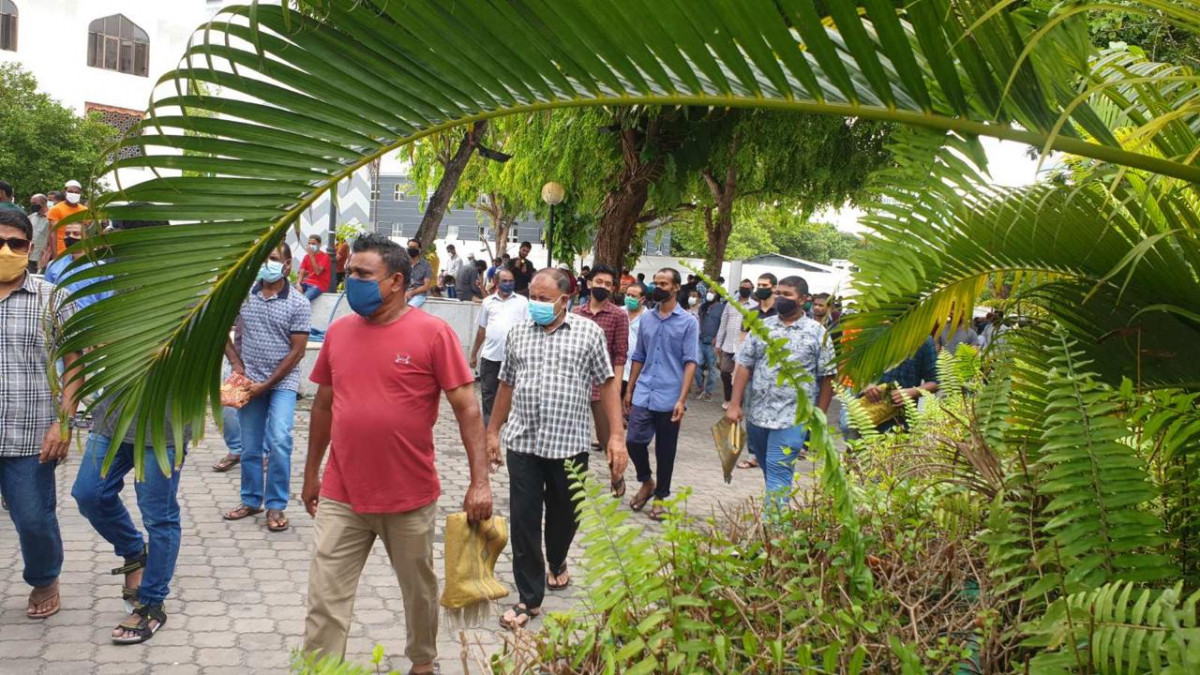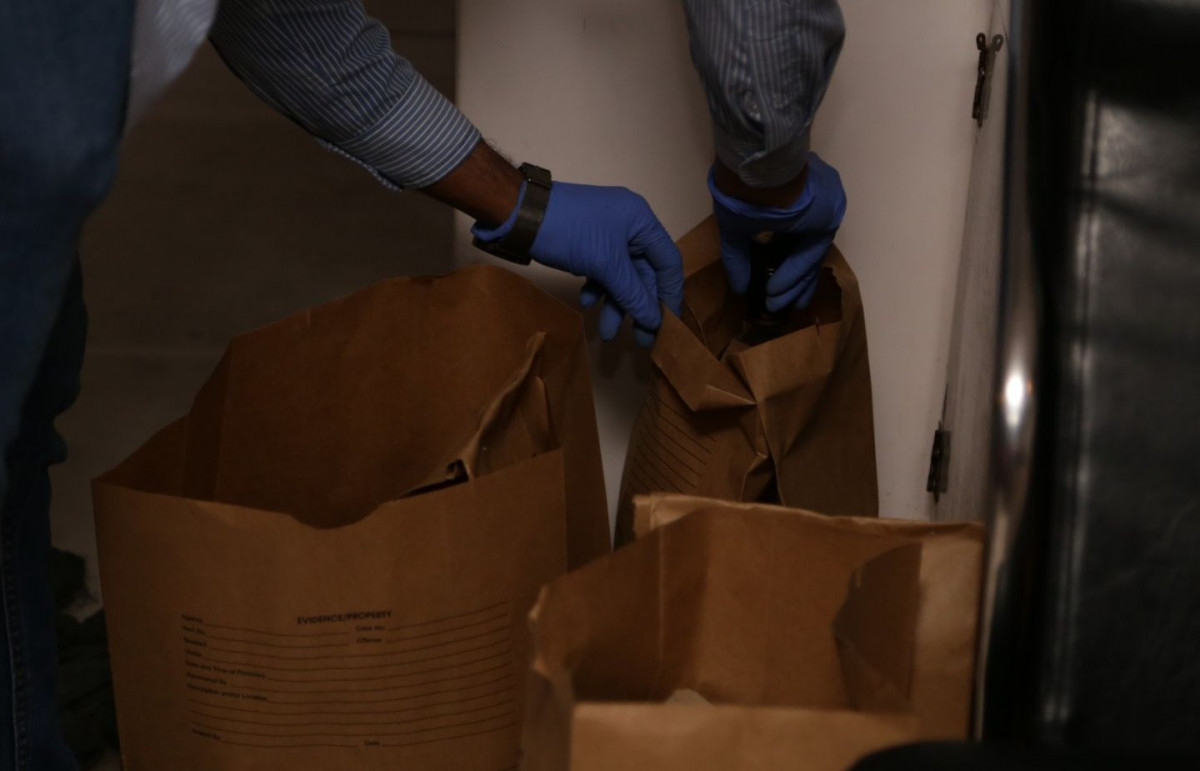Over 13% of Male' population show signs of past coronavirus infection
Details of a seroprevalence study conducted by MNU was shared at Sunday's Covid-19 press briefing


File photo
13.4 percent of the capital’s population were found to be exposed to the Covid-19 infection, in an antibody survey led by the Maldives National University (MNU).
MNU’s Director of Research, Dr. Raheema Abdul Raheem joined the Health Emergency Operations Centre (HEOC)’s Covid-19 press briefing on Sunday, where she revealed details of the Covid-19 seroprevalence study conducted to determine how far the virus has reached in the island nation’s congested capital.
Noting that study shows that 13.4 percent of the city’s population has been exposed to the virus, Dr. Raheema said that 10 percent of the individuals were not aware they had contracted it and hence, is not among the Covid-19 cases reported in the country.
She added that if the city’s population is 208,000, “then 38,000 individuals were exposed to the virus”.
The director said that 8.5 percent of locals that partook in the survey showed to be carrying antibodies as well as 36.4 of the foreigners.
Raheema also revealed that one out of 11 locals in the capital have contracted the virus thus far, while one out of three expatriate workers were infected.
Further noting that only 57.9 percent of former Covid-19 patients carried antibodies, she stressed the importance of continuing to follow Covid-19 safety measures.
The study also showed that the highest numbers of antibodies were found in middle-aged adults, as well as that senior citizens carried more antibodies than experts had predicted.
MNU’s seroprevalence study was divided to four age groups; under 17, between 18 years to 34 years, between 35 years and 59 years and over 60 years.
Also at Sunday’s press briefing, the Health Protection Agency (HPA)’s epidemiologist Dr. Ibrahim Afzal said that the results of the survey “is largely in line with experts’ predictions” and hence, there are not plans to change the current Covid-19 safety rules.
While the study shows that around 38,000 people in Male’ have been exposed to Covid-19, the country has reported a total of 13,198 cases since March. This includes 8,308 locals.






